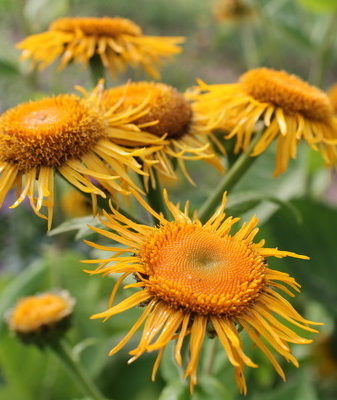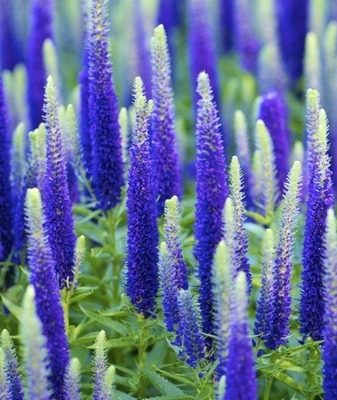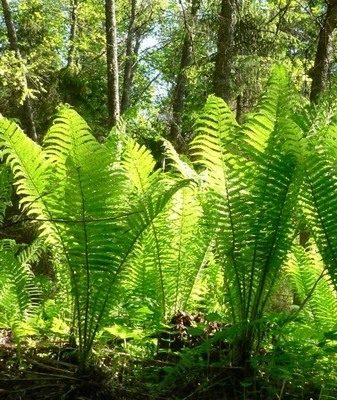TOP 10 rules for creating a real ecological garden
Today, eco-gardens are becoming more and more popular. This is the place where man and nature can exist in harmony. Is the eco garden a dream or reality? In this article, we will tell you how to make some changes to your garden area, make it environmentally friendly and attract beneficial insects.
Following simple tips, you will effortlessly create your own “paradise” from an ordinary site.
First you need to diversify the ecological garden. To plant as many flowers and plants as possible, thereby attracting pollinators, without which, unfortunately, it is impossible to harvest a good harvest. Do not forget about oogrod, plant chamomile, ornamental onions in the garden, thereby increasing the number of beneficial insects.
Well, what is an eco-garden without a reservoir? Create an artificial reservoir, it will diversify the vegetation, thereby attracting even more insects and animals. But it is better to refuse from the settlement of fish in the pond.
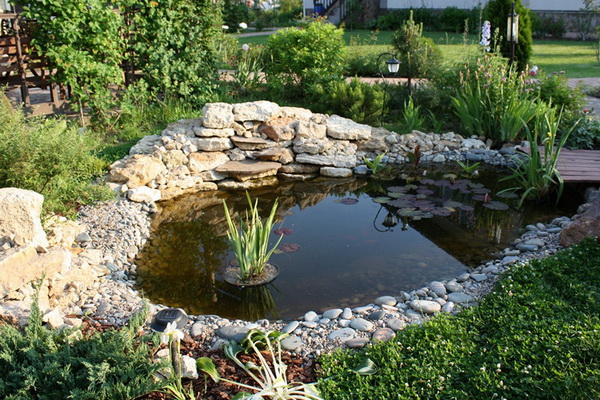
Many summer residents lay out garden paths from concrete and pour concrete seams. Yes, it is convenient, but it will not work for an eco-garden. It is best to use tiles or large stones for laying out the path, which are laid on a cushion of sand or rubble. This base is air and moisture permeable and does not harm the local inhabitants of the soil in any way. And if weeds appear, there will not be so many of them, and it will be easy to pull them out with your hands.
The best friend for a summer resident is birds. They help get rid of harmful insects and their larvae. You can lure the birds with the help of additional drinkers, which will be located on the site in different places. You can even make multiple nests.
It is recommended to grow only useful plants in the eco-garden. It's worth betting on simplicity. You should not grow rose bushes, they are useless for insects - pollinators. It is best to plant rose hips and other types of plants with simple flowers on the site. They will be the best "dessert" for pollinators.
After clearing the garden of cut grass or fallen leaves, do not rush to throw away "useful" waste. Send them to a compost heap, where earthworms and other microorganisms will process them into fertilizer. By the way, this type of fertilizer is always at hand, environmentally friendly, and economically viable.
Do not write off trees and shrubs such as mountain ash, elderberry or turf. In leaving, they are not whimsical and very hardy, which will significantly save the cost of chemistry for their processing. And their flowers and fruits are a good source of food for many animals and insects.
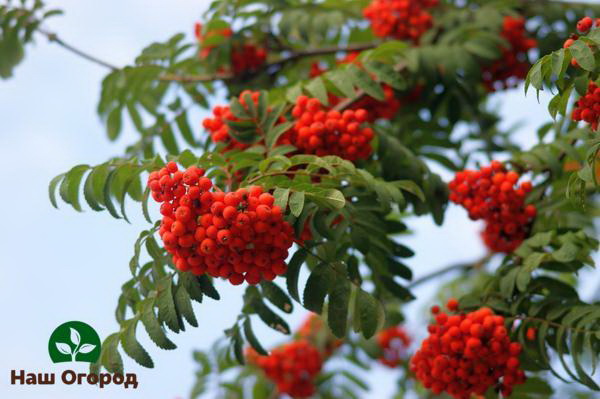
So that your garden brings as much harvest as possible. Plant healthy plants between vegetables in the garden beds.
Brighten up your eco-garden, create a luscious lawn in the middle of the lawn. You should not use chemical fertilizers (we have an ecologically clean garden with you), plant wildflowers and cereals. Thus, decorate your site, lure even more beneficial insects.
It is not recommended to leave the soil without plants in the ecological garden, because “bare earth” dries out very quickly in hot weather or is heavily flooded during rain. Also, the lack of vegetation does not have the best effect on the inhabitants of the soil.


